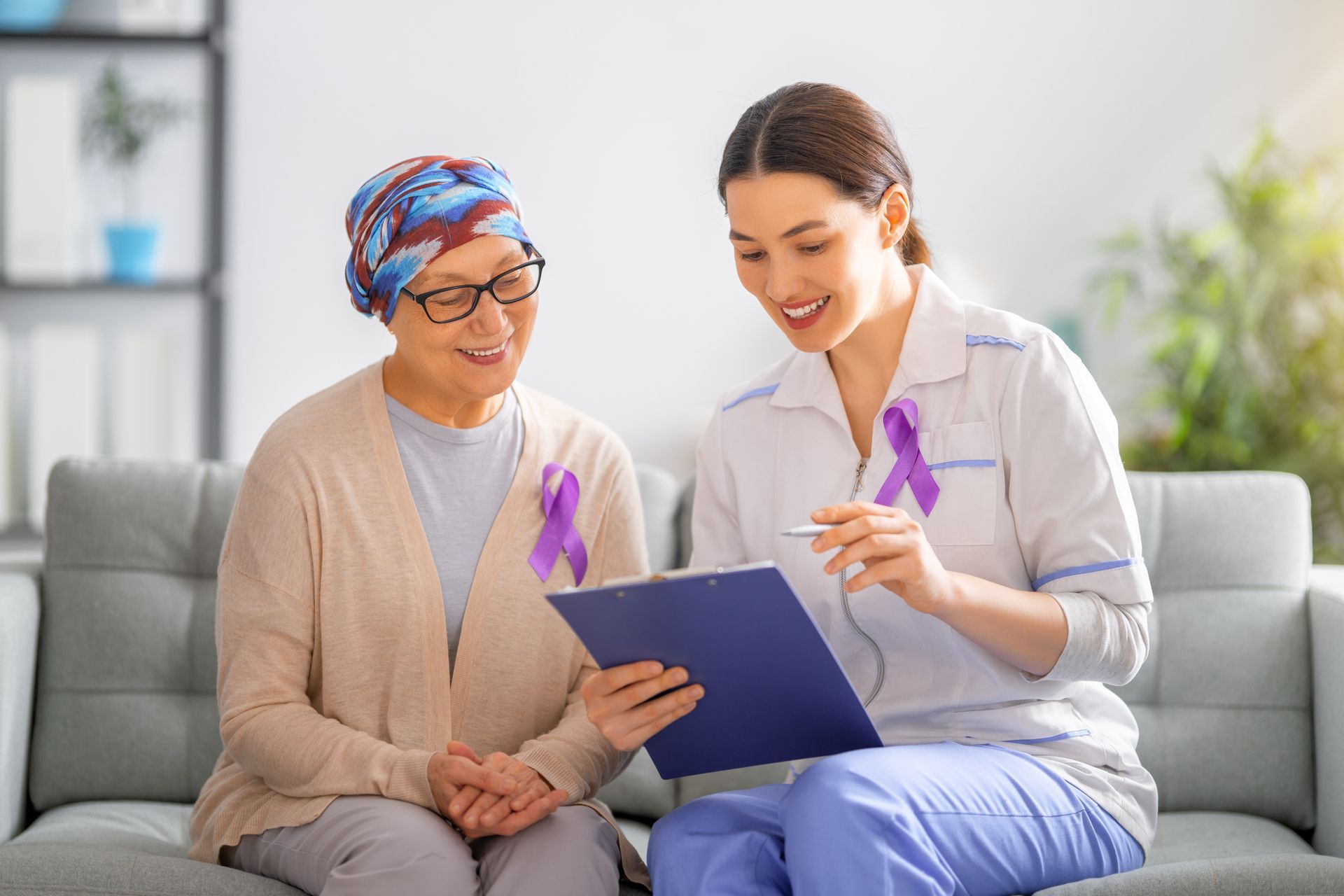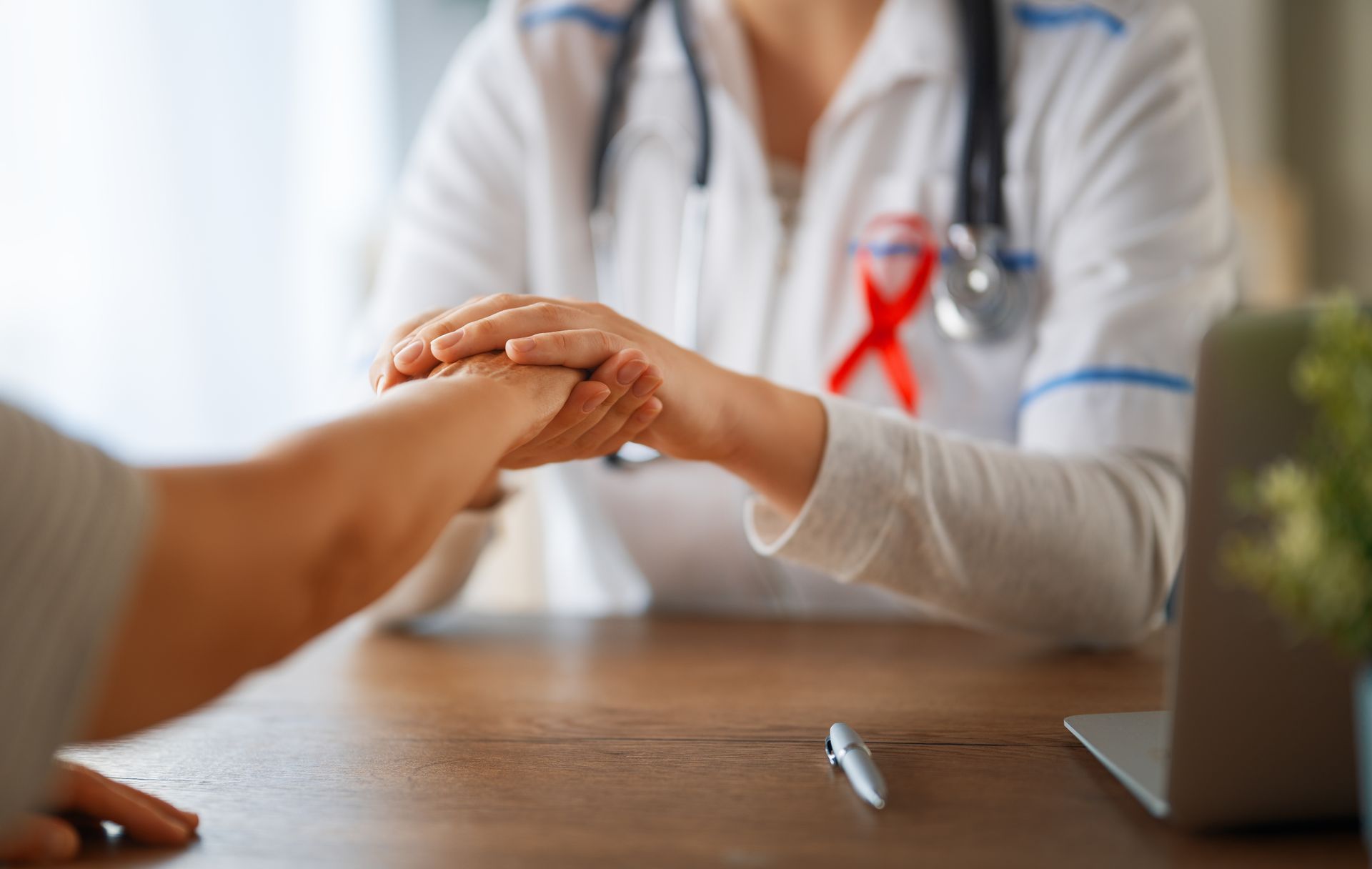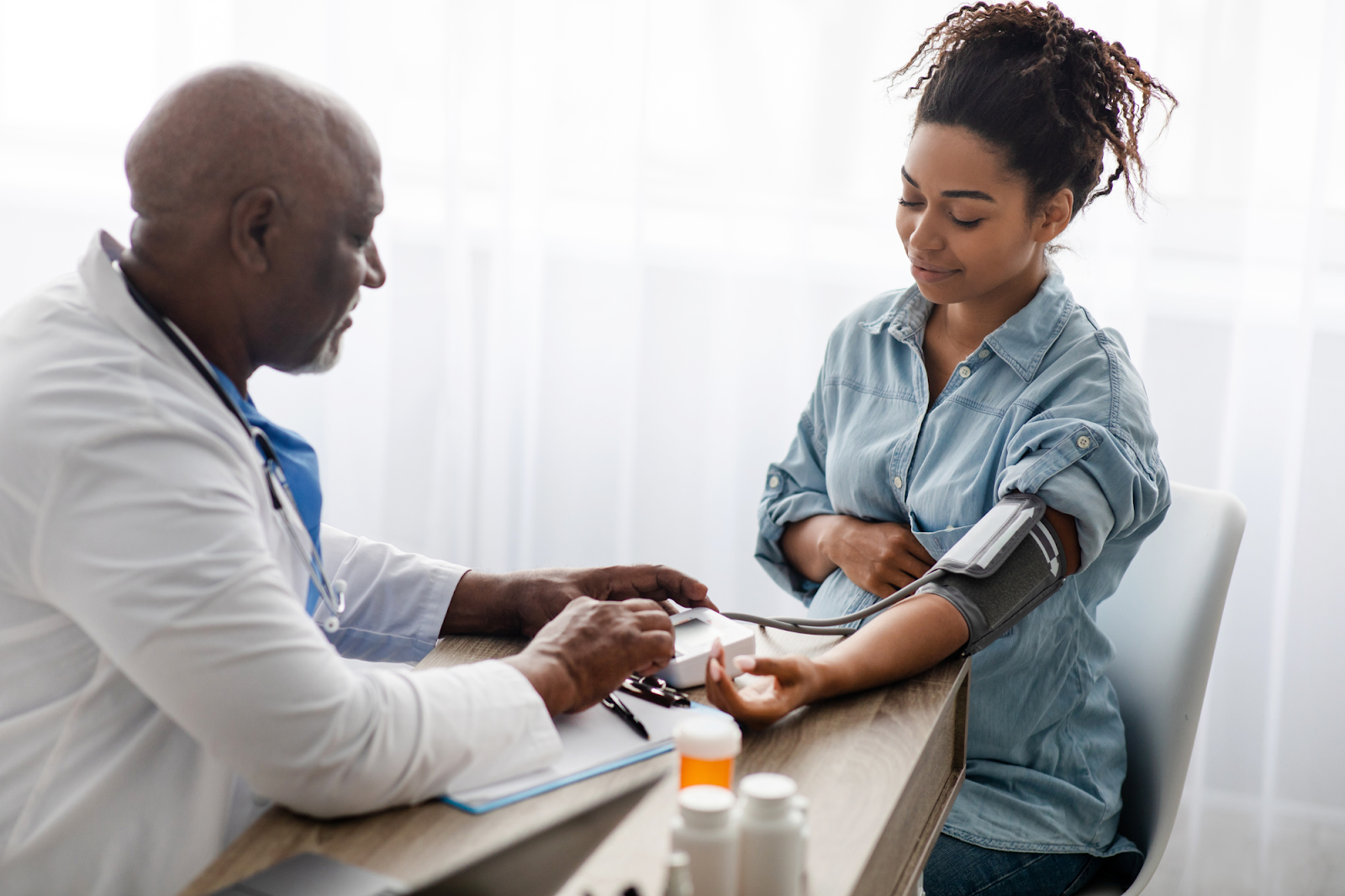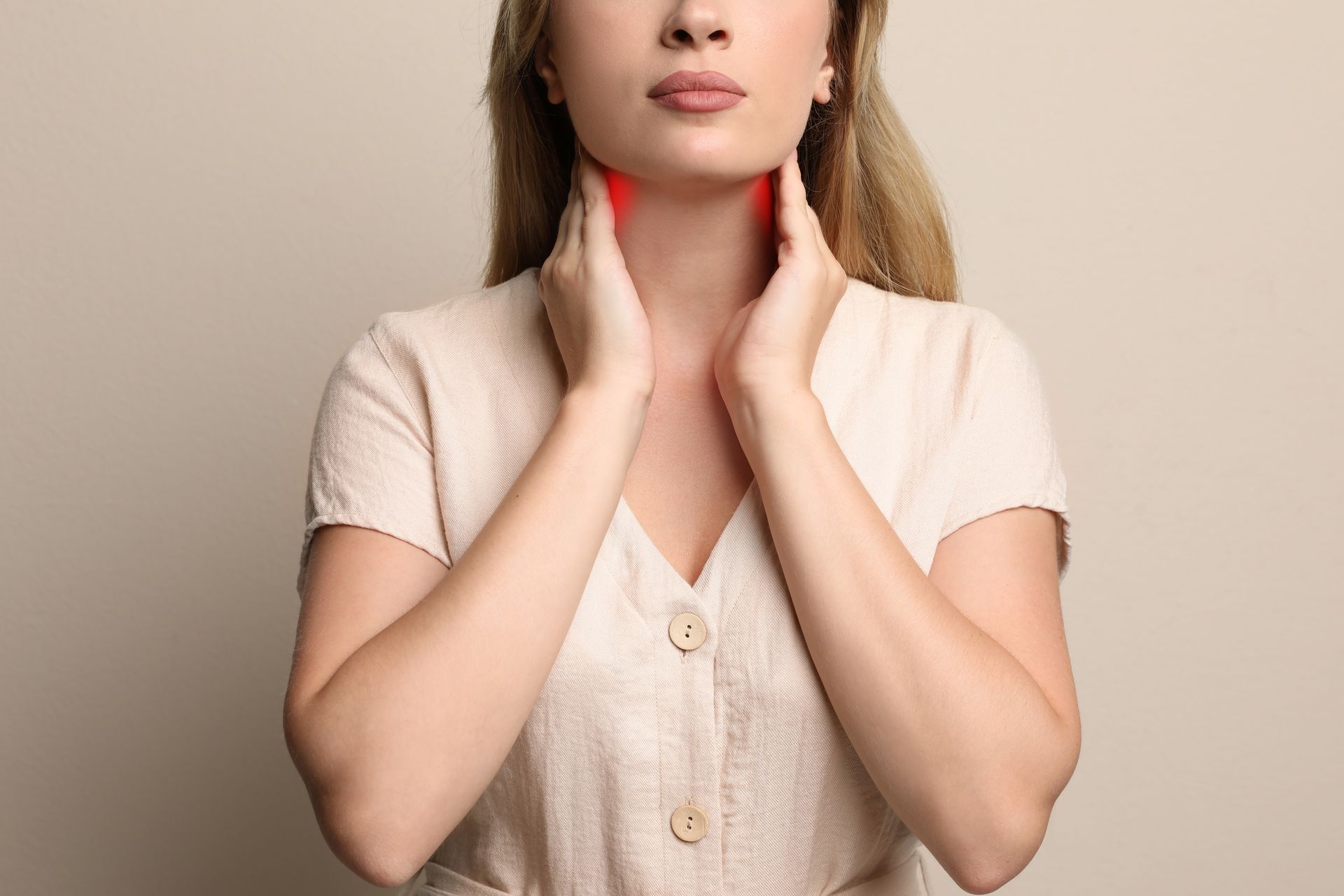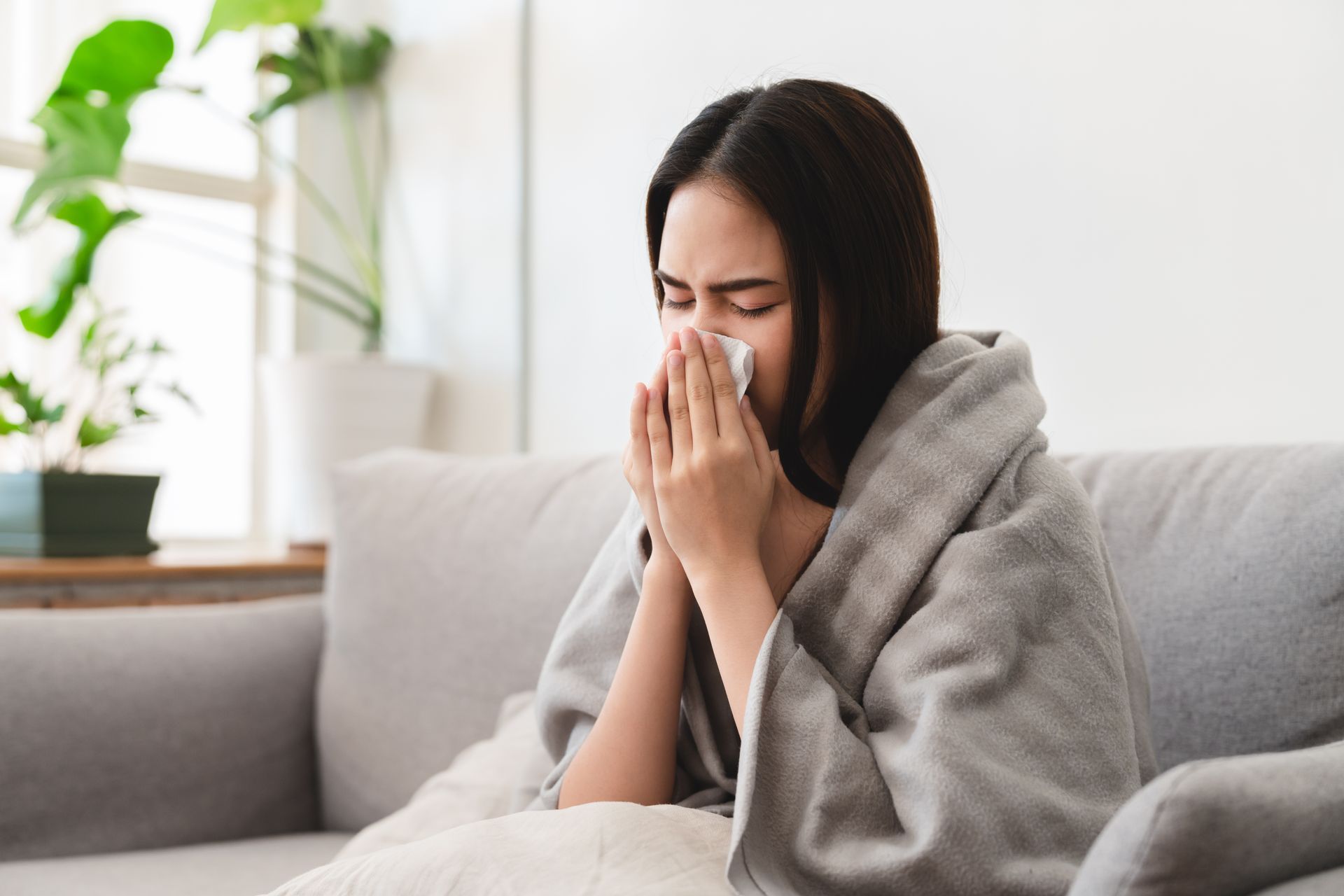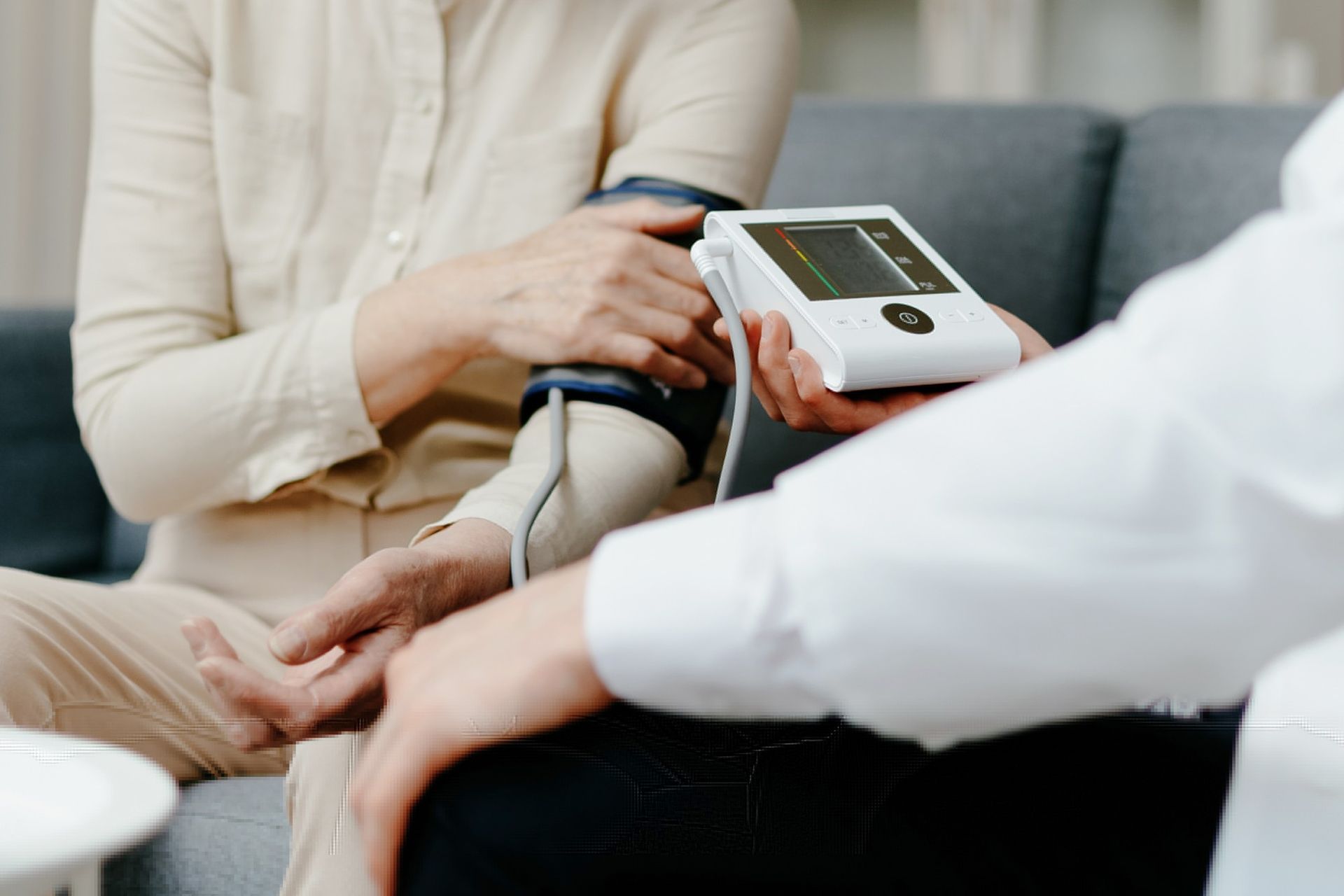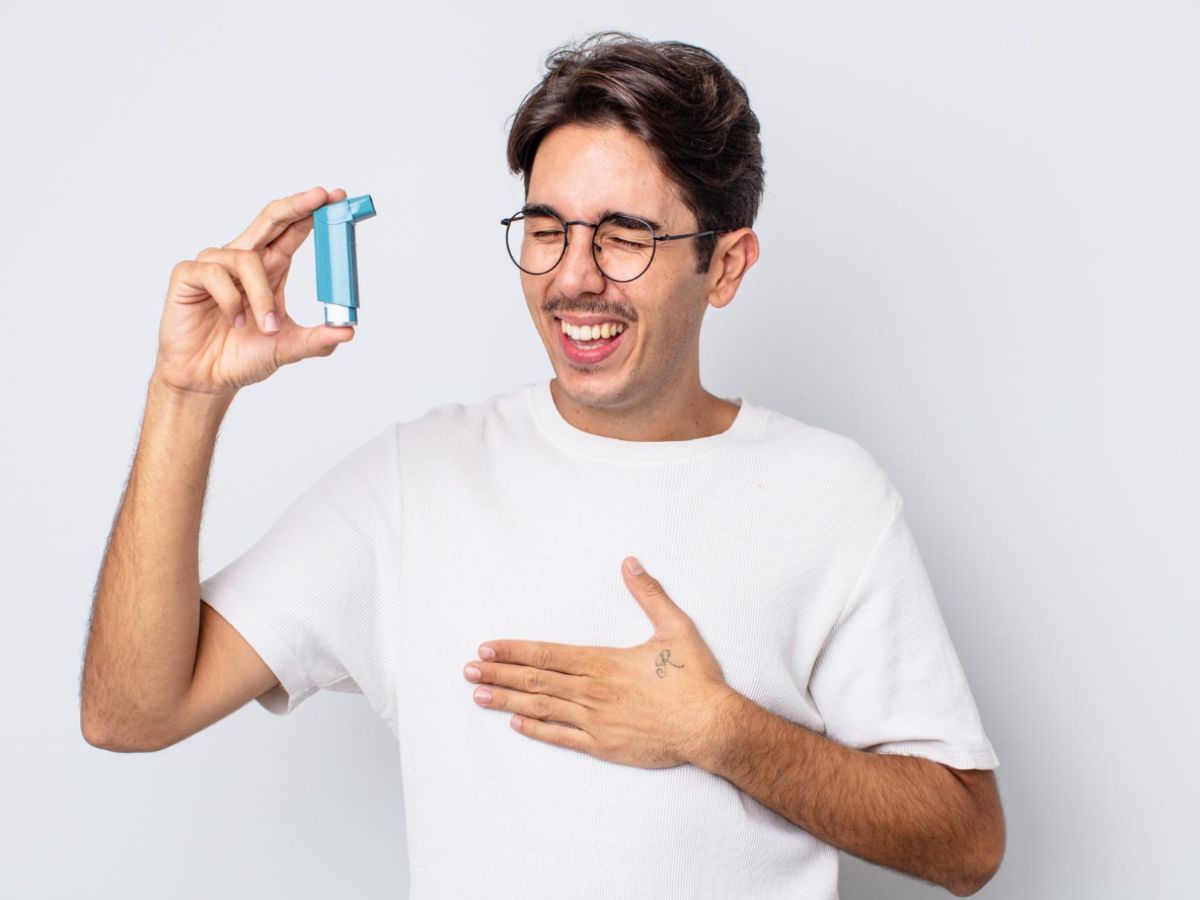Every year, millions of people go about their daily lives working, caring for their family, making plans for the future, without realizing that cancer could already be developing quietly inside them. A cancer diagnosis, especially in its later stages, can derail even the best-laid plans or cancel them altogether.
But this disease is significantly easier to treat when caught early. That’s what makes
routine cancer screenings so powerful. Cancer screening tests reveal what the body hides, often years before you’d ever notice the first signs of cancer.
At
Houston Family Practice, we believe knowledge is power. Preventive health screenings give you that knowledge early, when treatment is most effective and survival rates are dramatically higher.
In this blog, we’ll share the importance of cancer screenings, which tests matter most, and how you can take action today.
Catch Cancer Early with Preventive Health Screenings
Routine Cancer Screenings: Who Needs Them Most?
The likelihood of developing cancer varies widely from person to person, shaped by genetics, lifestyle, and other health factors. That’s why routine cancer screenings are especially important for people whose chances of developing the disease are higher than average.
You may be considered high-risk if you have:
- A family history of cancer (such as a parent, sibling, or multiple close relatives).
- Inherited genetic mutations like BRCA1 or BRCA2.
- A history of smoking or long-term exposure to harmful substances.
- Chronic health conditions like inflammatory bowel disease.
- Past diagnoses of precancerous growths that need careful monitoring.
The Cancer Screening Tests Physicians Recommend First
Cancer screening tests give doctors the chance to find the disease at its earliest and most treatable stages. The benefits go beyond survival rates.
Early detection of cancer often means less aggressive treatments, quicker recovery, fewer side effects, and lower overall costs.
Here are the essential cancer screening tests every adult should know:
1. Mammogram (Breast Cancer)
Breast cancer is one of the
most common cancers in women worldwide, but routine mammograms have transformed outcomes by spotting tumors before they reach an advanced stage.
- How it’s done: You stand in front of the machine while each breast is gently compressed between two plates for a few seconds. This spreads the tissue so the X-ray can capture clear images.
- Who should be screened: Women ages 40–74 (earlier if high-risk).
- How often: Every 1–2 years.
- Survival benefit: More than 99% of patients diagnosed early are alive 5 years later, compared to just 32% diagnosed at a late stage.
2. Colonoscopy or Stool-Based Tests (Colorectal Cancer)
Colorectal cancer is the
second leading cause of cancer deaths, yet it is also one of the most preventable.
- How it’s done:
A colonoscopy uses a flexible camera tube under sedation to find and remove polyps, while stool tests check a home-collected sample for hidden blood or abnormal DNA.
- Who should be screened: Adults starting at age 45, or earlier if there’s a family history.
- How often: Colonoscopy every 10 years; stool tests every 1–3 years.
- Survival benefit: About 91% of patients live at least 5 years when colorectal cancer is caught early, compared to just 16% at an advanced stage.
3. Pap Test + HPV Test (Cervical Cancer)
Cervical cancer can be prevented entirely with
regular cancer screenings and early treatment of abnormal cells.
- How it’s done: During a pelvic exam, a small brush or spatula gently collects cells from the cervix, which are then tested for abnormalities and the human papillomavirus (HPV).
- Who should be screened: Women ages 21–65.
- How often: Pap test every 3 years (ages 21–29); Pap + HPV test every 5 years (ages 30–65).
- Survival benefit:
Over 92% of women are alive 5 years after an early cervical cancer diagnosis, compared to only 17% with late-stage disease.
4. Low-Dose CT Scan (Lung Cancer)
Lung cancer is the
leading cause of cancer deaths, but low-dose CT scans make early detection possible.
- How it’s done: You lie flat on a table that slides through a CT machine. It’s painless and takes only a few minutes.
- Who should be screened: Adults ages 50–80 with a history of heavy smoking, or who quit within the last 15 years.
- How often: Once a year if at risk.
- Survival benefit: Early-stage detection can quadruple survival rates compared to late-stage diagnosis.
5. PSA Test (Prostate Cancer)
Prostate cancer is one of the most common cancers in men, and a simple blood test can help catch it early.
- How it’s done: A small blood sample is taken from your arm and sent to a lab for analysis.
- Who should be screened: Men ages 50+, or 45 if high risk (African American men and those with family history).
- How often: Every 1–2 years, depending on risk and results.
- Survival benefit: Nearly 100% of men are alive 5 years after an early prostate cancer diagnosis, but survival drops sharply once it spreads.
6. Dermatology Exam (Skin Cancer)
Another common cancer diagnosis is skin cancer, but unlike many other cancers, it’s often visible and manageable if you keep up with regular health checkups.
- How it’s done: A dermatologist examines your skin from head to toe, sometimes using a magnifying tool (dermatoscope). You can also do monthly self-checks at home.
- Who should be screened: Everyone, especially if you have fair skin, frequent sun exposure, tanning bed use, or a family history.
- How often: Yearly, or sooner if you notice changes in moles or new spots.
- Survival benefit: About 99% of people are alive 5 years after an early skin cancer diagnosis, compared to just 32% once it spreads.
Spot Health Issues Early Before They Progress with Routine Cancer Screenings
From years of working with patients at
Houston Family Practice, we’ve seen firsthand how routine cancer screenings can save lives. Early detection gives you the best chance for treatment when it’s most effective, helping you stay present for the milestones that matter most to you and your family.
Our healthcare team takes the time to understand your unique health history, risk factors, and lifestyle so we can recommend the cancer screening tests that matter most for you. We make the process as comfortable and reassuring as possible because we know these appointments can feel overwhelming.
Don’t wait until
cancer symptoms appear. If it’s been a while since your last screening, or if you’re unsure which tests are right for you, schedule a consultation today. Let our experienced team help you take proactive steps to protect your health and your future.
Prioritize Your Health with Timely Cancer Screenings
Frequently
Asked Questions
What are the early warning signs of cancer I should watch for?
At Houston Family Practice, we encourage patients to be aware of changes like unexplained weight loss, persistent pain, unusual bleeding, or new lumps. While these may not always indicate cancer, noticing them early and scheduling a cancer screening can make a big difference in treatment outcomes.
Can lifestyle changes reduce my need for certain cancer screenings?
Healthy habits like not smoking, staying active, maintaining a balanced diet, and limiting alcohol can reduce some cancer risks. However, routine cancer screenings are still important because risk factors like genetics or age cannot be changed.
What should I expect during a cancer screening appointment?
Depending on the test, screenings may involve imaging, blood work, or physical exams. Our cancer specialists ensure you understand each step, keep you comfortable, and answer all your questions throughout the process.
Does insurance cover cancer screening tests?
Many routine cancer screenings are covered by most insurance plans. Our team can help you understand your coverage and guide you through any questions about costs or referrals.



